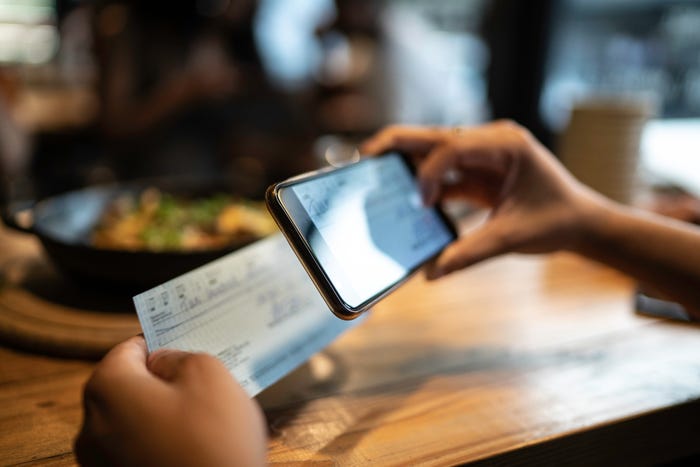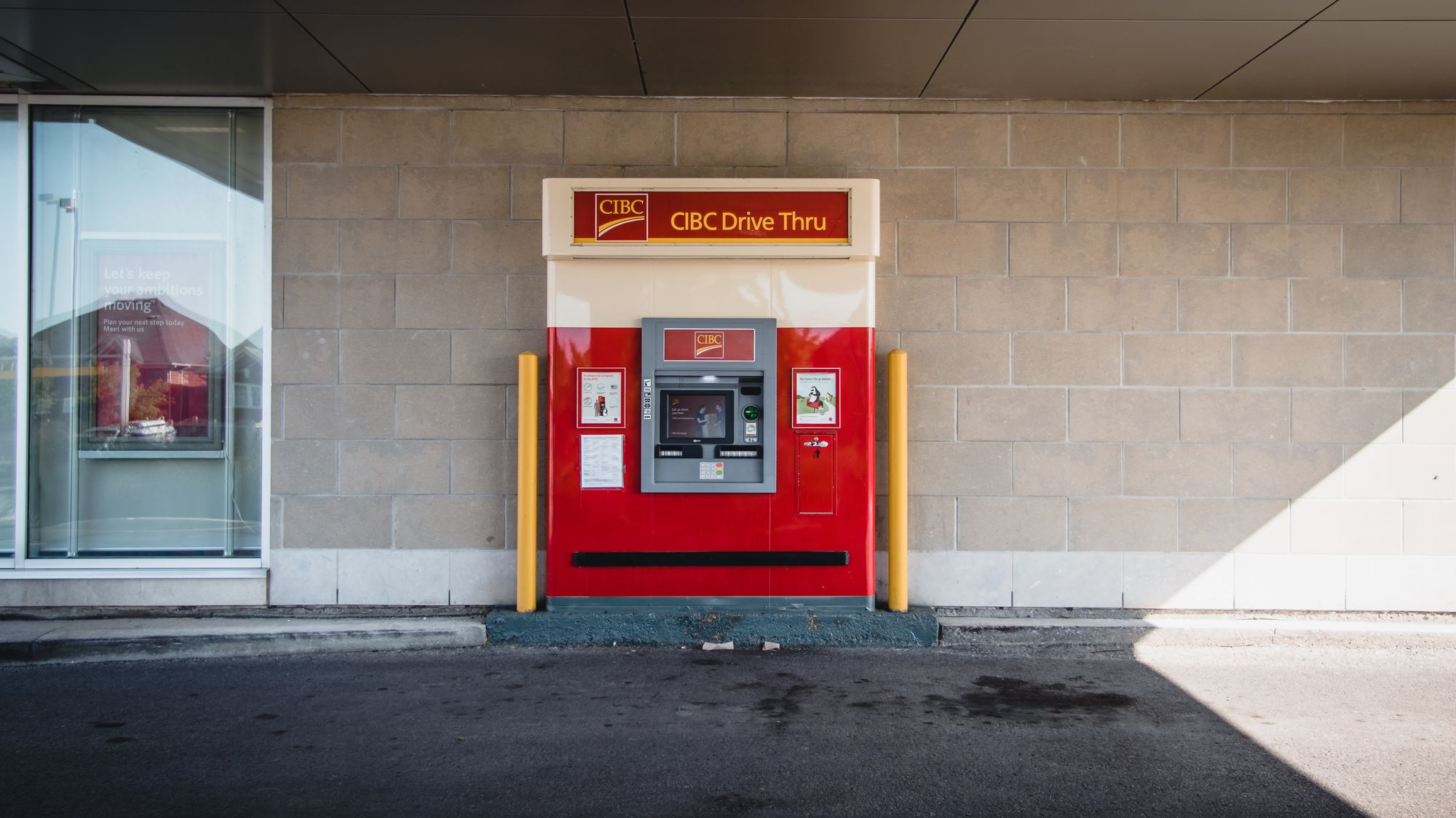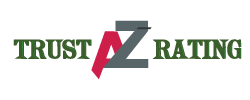Yes, you can typically cash a cashier’s check at any bank. Cashier’s checks are considered guaranteed funds because they are issued by the bank itself, rather than an individual. This means that banks are generally willing to cash them regardless of whether or not you have an account with them. However, some banks may have specific policies or fees associated with cashing a cashier’s check if you are not a customer. It is always a good idea to call ahead and confirm the bank’s policy before attempting to cash a cashier’s check.
Why is there a 7 day hold on a cashier’s check?

Banks place holds on checks to verify if the check payer has sufficient funds in their account to cover it. This not only safeguards the bank but also prevents you from unknowingly spending money from a check that may bounce later. This is crucial as it helps you steer clear of accidental overdrafts and the accompanying fees.
How much is a cashier’s check for $5000?

Money orders at Walmart are known for their affordable prices, making them a cost-effective option. With a valid government-issued photo ID, you can purchase a money order for amounts up to 1000 at Walmart for a maximum fee of 88 cents. On the other hand, the US Postal Service charges varying fees ranging from 125 to 176, depending on the amount. Banks typically charge around 5 for money orders.
For cashiers checks, regardless of the amount, you can expect to pay approximately 10. However, some banks and credit unions may waive fees on cashiers checks and money orders for customers who hold specific accounts.
To summarize, Walmart offers competitive prices for money orders, while the US Postal Service and banks have their own fee structures. Additionally, certain financial institutions may waive fees for cashiers checks and money orders for eligible account holders.
How long does it take for a cashier’s check to clear?

How long does it take for a cashier’s check to clear?
The time it takes for a cashier’s check to clear varies depending on the financial institution. Generally, it will clear within two to three business days, but it can sometimes take up to a week or longer. It’s important to keep this in mind when using a cashier’s check as a form of payment.
Are cashier’s checks safe?
Cashier’s checks are considered one of the safest forms of payment because the funds are held by the financial institution until the check is cashed. Additionally, the funds are guaranteed since the check is issued using the financial institution’s funds. However, it’s still important to be cautious as cashier’s checks can be counterfeited.
Can I cancel a cashier’s check?
In certain cases, it may be possible to cancel a cashier’s check. If you need to cancel the check, it’s crucial to contact the financial institution immediately. Depending on the institution, there may be a fee for canceling the check.
Are cashier’s checks traceable?
Yes, cashier’s checks are traceable. The financial institution that issued the check will have a record of it, and the recipient will also be able to trace the check. Additionally, the funds from the check can be traced back to the financial institution.
Can you cash a cashier’s check immediately?

When making a deposit in person to a bank employee, the bank is generally required to make the funds available by the next business day after the banking day on which the cashier’s check is deposited. However, there are certain conditions that may affect the availability of funds.
The bank may ask you to use a special deposit slip if you want the funds to be available on the next business day. Additionally, if the total amount of cashier’s checks deposited in one day exceeds $5,525, the bank can place a hold on the excess amount. In this case, the bank must make the first $5,525 available according to the availability schedule.
Furthermore, if the bank has reasonable cause to believe that the cashier’s check is uncollectible from the paying bank, they can place a hold on the entire amount of the check. There are also situations where the bank may impose a longer hold on the check. This includes if the check was made under emergency conditions, made to a new account open for less than 30 days, made to a repeatedly overdrawn account, or if the check was returned unpaid and then redeposited.
It’s important to note that funds may become available to you before the bank has verified the check. This means that you could withdraw the funds before the bank realizes that the check is fraudulent. If the check is indeed fraudulent, the bank may deduct the funds from your account or request a refund from you. Additionally, if your account becomes overdrawn as a result of the chargeback or refund, the bank may charge you an overdraft fee.
Different banks may have different policies regarding the placement of holds on deposited funds. It is advisable to review the deposit account agreement you received when you opened the account, as it provides information on the bank’s availability process.
Please be aware that the terms “bank” and “banks” used in these answers generally refer to national banks, federal savings associations, and federal branches or agencies of foreign banking organizations regulated by the Office of the Comptroller of the Currency (OCC). If you are unsure if the OCC regulates your bank, you can find out by visiting their website. The information provided on HelpWithMyBank.gov should not be considered as legal advice or a legal opinion from the OCC.
Can a bank refuse to cash a cashier’s check?
A bank’s obligation to pay a cashier’s check is equivalent to a maker’s obligation to pay a promissory note when it becomes due, as stated in the Revised UCC 3412. In simpler terms, a bank must pay a cashier’s check to the legitimate holder of the instrument when it is presented for payment. Even if there is a dispute between the person who purchased the cashier’s check and the payee, the bank is still obligated to pay the check. The UCC explicitly states that a bank cannot use the purchaser’s defense against the payee as a reason to avoid payment, according to the Revised UCC 3305c.
For example, let’s say someone buys a cashier’s check from a bank to purchase a used car. However, the payee, who is the used car dealer, intentionally lies about the mileage of the car, stating it has only been driven 5000 miles when it has actually been driven 50000 miles. When the purchaser discovers the fraud, they ask the bank to stop payment on the cashier’s check. In this situation, the bank cannot use the purchaser’s defense of fraud as a justification to stop payment. Instead, the bank must pay the check to the holder.
Generally, a bank can only refuse to pay a cashier’s check if it has its own defense against payment and the person trying to enforce payment is not a holder in due course. A holder in due course is someone who takes the check for value in good faith and without knowledge that it is overdue, dishonored, or subject to any defense or claim. Therefore, if a cashier’s check is issued under fraudulent circumstances or without consideration, the issuing bank may be able to refuse payment as long as it is not in the hands of a holder in due course.
For instance, if a cashier’s check is issued in exchange for a check that has had its payment stopped, the bank can refuse to pay it if the purchaser tries to cash it. The purchaser is subject to the bank’s defense of failure of consideration since they know they haven’t paid for the item. Therefore, they cannot claim the status of a holder in due course.
However, if the purchaser deposits the check with another bank and then withdraws the funds, the bank that issued the cashier’s check cannot refuse to pay it to the depository bank. This is because the depository bank is a holder in due course and is not affected by the issuing bank’s defense of failure of consideration. The depository bank is considered a holder in due course because it acted in good faith, provided value by allowing its customer to withdraw the funds, and was unaware of the issuing bank’s defense of failure of consideration when it accepted the check for deposit.
Conclusion
Conclusion:
In conclusion, while cashier’s checks are generally considered a secure form of payment, there are certain factors that can affect the process of cashing them. Banks have the right to refuse to cash a cashier’s check if they have reasonable grounds to suspect fraud or if the check is deemed invalid. This is done to protect both the bank and the customer from potential financial losses.
The 7-day hold on a cashier’s check is a common practice implemented by banks to ensure that the funds are legitimate and that there are no issues with the check. This hold period allows the bank to verify the authenticity of the check and ensure that the funds are available. While this hold can be frustrating for those in need of immediate access to the funds, it is a necessary precaution to prevent fraud and protect both the bank and the customer.
The time it takes for a cashier’s check to clear can vary depending on the bank and the specific circumstances. Generally, the funds from a cashier’s check are available within one to two business days. However, it is important to note that some banks may place a hold on the funds for a longer period, especially for larger amounts. It is advisable to check with your bank to get a clear understanding of their specific policies and processing times.
When it comes to the cost of a cashier’s check for $5000, the fees can vary depending on the bank. On average, the fee for a cashier’s check can range from $5 to $15. It is recommended to inquire about the exact fee at your bank before obtaining a cashier’s check to ensure you are aware of any additional costs.
Overall, cashier’s checks provide a secure and reliable method of payment. However, it is important to be aware of the potential delays and fees associated with cashing and obtaining these checks. Understanding the policies and procedures of your bank will help ensure a smooth and efficient transaction.
Sources Link
http://business.cch.com/bankingfinance/news/dln1-01.asp
https://www.helpwithmybank.gov/help-topics/bank-accounts/cashiers-checks/cashiers-check-hold.html
https://www.businessinsider.com/personal-finance/why-is-the-bank-holding-my-check
https://www.deskera.com/blog/cashiers-check/
https://www.nerdwallet.com/article/banking/money-order-cashiers-check-how-to-decide
You are watching: can you cash a cashiers check at any bank
